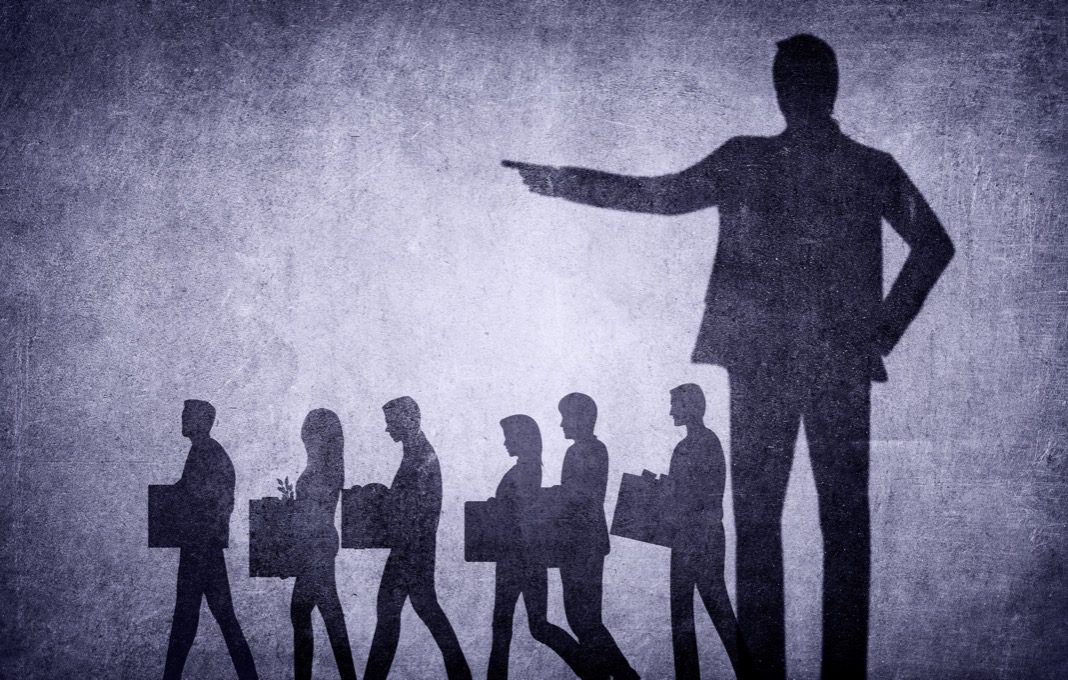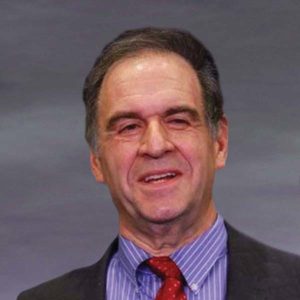Fire All The Lawyers


Sometimes the palace guard’s protection is the problem. William Shakespeare famously wrote of the need to hold attorneys accountable with the pronouncement, “The first thing we do is, let’s kill all the lawyers,” in Act IV, Scene II of Henry VI, Part II. The criminal indictment of Donald Trump’s lawyers, including Rudolph Giuliani, Sidney Powell, Jeffrey Clark, Kenneth Chesebro and John Eastman, as well as their client, Trump, serves as a wake-up call that lawyers and their clients cannot hide behind a shield of legal advisers.
Examples abound. More than 30 attorneys went down in the Watergate scandal as failed palace guards. Tyco GC Mark Belnick was indicted for grand larceny, securities fraud and falsifying business records. While he was ultimately acquitted in a cliff-hanger verdict, Belnick’s CEO and CFO clients were imprisoned. He moved on to become a live theater actor and mediation consultant.
The GC of Rolling Stone resigned after a multimillion dollar lawsuit led to a settlement and a retraction of the magazine’s false defamatory story about a rape case at the University of Virginia. She reportedly led the magazine into a devastating public trial, missing the moment for an early correction, apology and retraction. Her career continued at other media outlets.
The controversial Fox News GC Viet Dinh, a Murdoch family friend and godfather to Lachlan Murdoch’s son, was given power by the often-absent Lachlan Murdoch that far exceeded the normal duties of the house lawyer. Paid like a CEO, Dinh enjoyed programming input, oversight of corporate communications and even served as a director of the board of the predecessor parent company, 21st Century Fox.
He was felled, however, after his ill-fated legal strategy in the Dominion Voting Systems case resulted in a $787.5 million record defamation settlement against Fox. Fox anchors and officials, including Dinh, acknowledged that claims the company’s voting machines helped rig the 2020 election were false, with Dinh admitting he did not exercise a duty “to prevent and correct known falsehoods.” Rupert Murdoch, who testified that he could have stopped the false reporting and regretted not doing so, was reportedly enraged when Dinh congratulated him on his own obvious meltdown on the witness stand. Meanwhile, that damaging testimony was now available to voting-machine company Smartmatic in their $2.7 billion lawsuit against Fox.
Rather than rely on a single lawyer’s opinion, CEOs need to:
1. Avoid letting your house counsel become your personal consigliere, screening away other informed perspectives and assuming operational roles beyond that of GC, to avoid role conflicts and grandiosity.
2. Don’t ghettoize your attorney in legal matters, removing them from appreciating the importance of prudent risk-taking for innovative new investments, controlling legal costs, reinforcing corporate character and articulating the public voice of the enterprise.
3. Solicit the insights of outside experts in securities law, environmental law, M&A, bankruptcy law, criminal law and other relevant strategic specialties.
4. Have your GC review all legal risks with relevant board committees, but don’t merely defer to an attorney serving on the board as a director, intimidated by legal language. Have positions translated into English.
5. Investigate thoroughly the track record and conflict management disposition of your GC rather than rely solely upon stellar educational credentials and clerkships.
Keep in mind that even overtly opposing counsel can unconsciously create work for each other. As President Lyndon B. Johnson once warned, “Any town that is too small for one attorney is just the right size for two!”

Chief Executive Group exists to improve the performance of U.S. CEOs, senior executives and public-company directors, helping you grow your companies, build your communities and strengthen society. Learn more at chiefexecutivegroup.com.
0

1:00 - 5:00 pm
Over 70% of Executives Surveyed Agree: Many Strategic Planning Efforts Lack Systematic Approach Tips for Enhancing Your Strategic Planning Process
Executives expressed frustration with their current strategic planning process. Issues include:
Steve Rutan and Denise Harrison have put together an afternoon workshop that will provide the tools you need to address these concerns. They have worked with hundreds of executives to develop a systematic approach that will enable your team to make better decisions during strategic planning. Steve and Denise will walk you through exercises for prioritizing your lists and steps that will reset and reinvigorate your process. This will be a hands-on workshop that will enable you to think about your business as you use the tools that are being presented. If you are ready for a Strategic Planning tune-up, select this workshop in your registration form. The additional fee of $695 will be added to your total.

2:00 - 5:00 pm
Female leaders face the same issues all leaders do, but they often face additional challenges too. In this peer session, we will facilitate a discussion of best practices and how to overcome common barriers to help women leaders be more effective within and outside their organizations.
Limited space available.

10:30 - 5:00 pm
General’s Retreat at Hermitage Golf Course
Sponsored by UBS
General’s Retreat, built in 1986 with architect Gary Roger Baird, has been voted the “Best Golf Course in Nashville” and is a “must play” when visiting the Nashville, Tennessee area. With the beautiful setting along the Cumberland River, golfers of all capabilities will thoroughly enjoy the golf, scenery and hospitality.
The golf outing fee includes transportation to and from the hotel, greens/cart fees, use of practice facilities, and boxed lunch. The bus will leave the hotel at 10:30 am for a noon shotgun start and return to the hotel after the cocktail reception following the completion of the round.